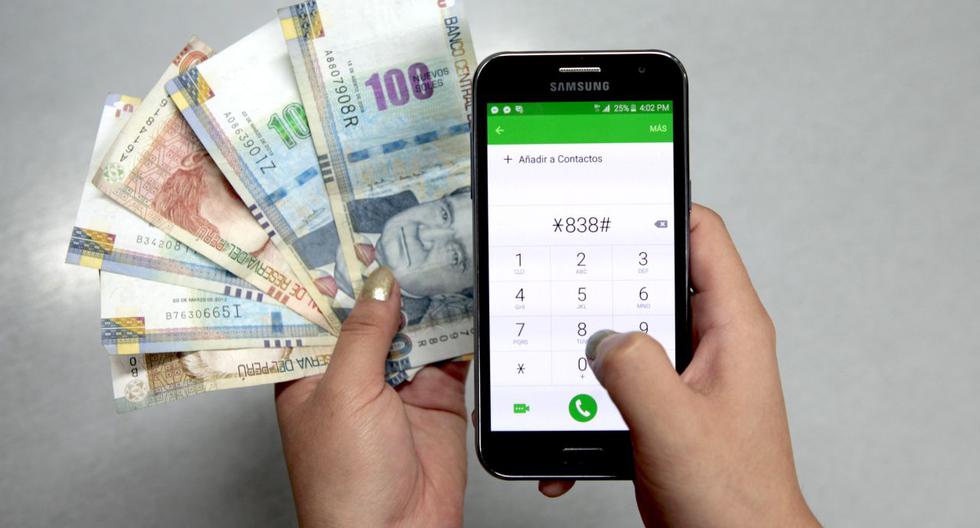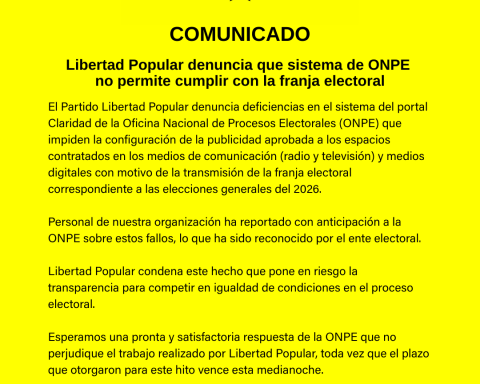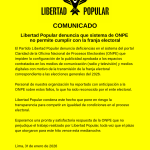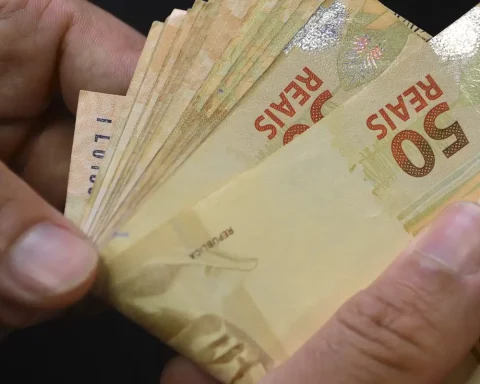The increased use of digital channels in the financial sector, as a result of the COVID-19 pandemic, has increased citizens’ exposure to cyber-attacks and financial fraud, even from the comfort of their phone.
During the first quarter of 2022 alone, cybercrime generated a loss of US$1.3 billion through the blockchain, according to data from Softline Latin America, an increase of 136% compared to the same period in 2021.
Cyber attacks in Peru
At the domestic level, a study carried out by Kaspersky in the region identified that the number of cyberattacks in Peru during 2021 grew by 71% compared to the previous year. In addition, according to Fortinet data, cyberattack attempts in the country totaled 5,200 during the first semester.
Finally, according to ESET, Peru leads the ranking of total cyberattack detections in the region, with 18% of the total, followed by Mexico with 17% and Colombia with 12%.
According to Sol González, security researcher at ESET Latin America, only 9% of Peruvian companies use a mobile security solution, in contrast to 88% who say they use antivirus technologies for notebooks or computers.
Given this scenario, banks and other companies in the financial sector are developing preventive mechanisms to ensure the well-being of their clients.
How to protect the smartphone?
To improve the security of the telephone, protect personal information, avoid the generation of fictitious credits and bank fraud when carrying out card operations, Marco Sayas Segura, Head of Operational and Technological Risks at Banco de Comercio, provides the following security tips:
Take care of your personal passwords. Although it is true that it is faster to save the passwords to enter at the beginning of all the mobile apps, this is used by cybercriminals to commit fraud quickly. For this reason, it is recommended not to save them when logging in and place them in each transaction to be carried out.
In addition, it is advisable to use infrequent numbers and data to generate access codes to bank accounts and apps that are on the cell phone.
Emails. It is important to pay attention from the sender to the content, as there are fraud methods where they send mass messages from fake accounts.
Also, keep in mind that a financial entity will not send links to change passwords or requesting information about them.
Do not provide confidential information. Be alert to unknown phone calls, text messages (SMS) or by WhatsApp of dubious origin where they request updating of your personal data, request credits, notify verification of bank accounts, indicate that your card has been blocked or offer promotions in exchange for information staff.
Keep in mind that through deception, fraudsters aim to reveal your confidential data (card number, ATM secret code, card expiration date, CVV2, virtual token or SMS code) to carry out financial operations without your consent.
Install antivirus. Make sure to keep up-to-date and reliable antivirus on your devices, which prevents suspicious leaks. One of the modalities that has been increasing for the theft of personal information is the so-called “Pharming”, consisting of sending viruses to the computer or cell phone through attachments in emails, applications, games or unsafe web pages, thus allowing , access to confidential data of the bank.
Do not accept help from strangers. Another form of bank fraud is the so-called “exchange” carried out at ATMs. Frequently, third parties approach the user offering them an apparent “disinterested help” and using tricks they manage to distract the person to change the bank card for another similar to the bank.
Then, they ask the person to enter their secret password so that they can observe it, in this way with the card and password the individual can withdraw their money.
Alert before copying or kidnapping of the telephone number. Another form of fraud is called SIM Swapping, where fraudsters “copy or hijack” the phone number and then assign a new SIM card.
Once they do this, they can insert a new SIM (with their number) in a different phone, to access their personal data and account through email, WhatsApp or SMS.
One form of red flag to consider is that your phone will have no signal, so you won’t be able to make calls, messages, or join a WiFi network, and if you do connect to a network, you may receive emails about changes to your bill.

















